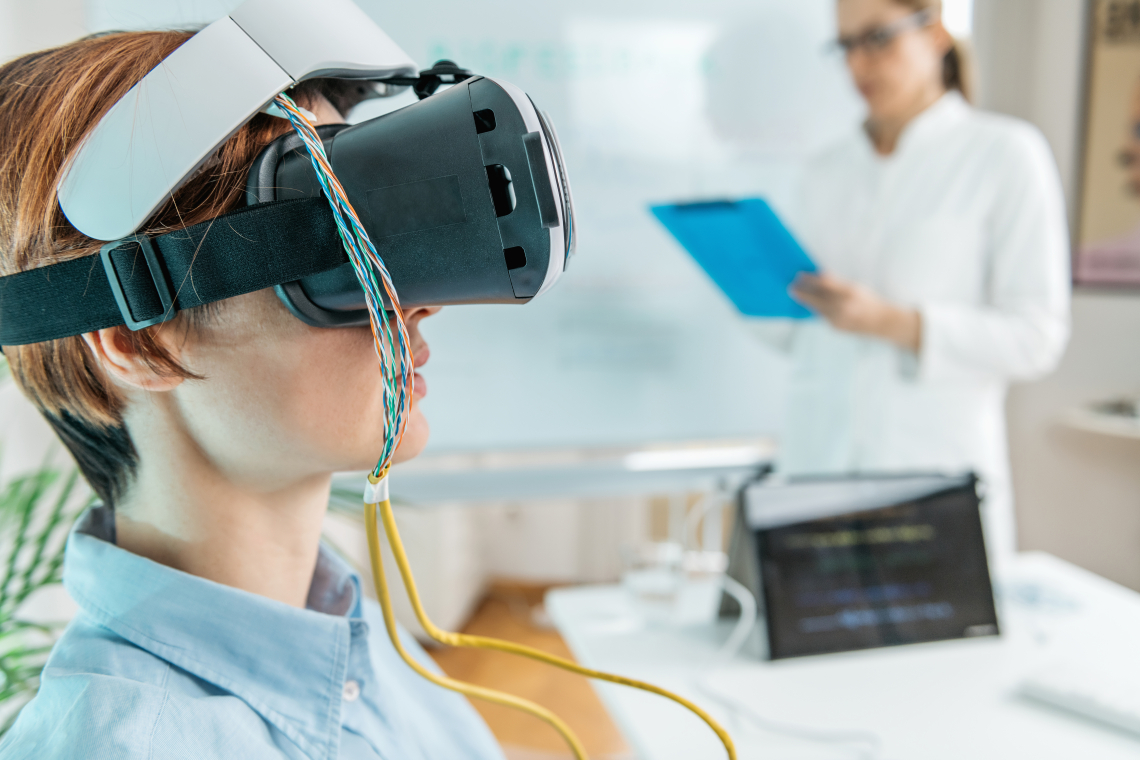Constantin von Dewitz
Communication Systems, Human-Machine Interaction, Health


They remind senior citizens to take their medication, make surgical procedures easier for surgical teams, and enable nursing staff to record care documentation directly at the patient's bedside using voice input: digital healthcare solutions are as useful as they are versatile.
Digital healthcare solutions contribute to the digitization of the healthcare system, ensuring more efficient hospital processes and reducing the workload of medical and nursing staff.
Patients also benefit from optimized procedures for the prevention, diagnosis, and treatment of diseases, as well as more personalized rehabilitation and care measures. Digital health solutions thus ensure personalized medical and nursing care that is precisely tailored to the needs and health status of patients.
At the same time, they help people to become more self-determined and independent. For example, people can conveniently view, manage, and supplement their health data thanks to connected devices such as smartwatches.
To achieve this, digital health solutions mostly use AI technologies such as basic models (e.g., large language models). These are used, for example, in robotics, apps, data glasses, and smart textiles. In doing so, they often collect and process a large amount of health data. On the one hand, it is crucial that this data is interoperable across all sectors – in other words, that it is harmonized and can be easily read and supplemented by all parties involved. On the other hand, the use of health data raises a number of ethical, legal, and social issues. It is therefore important that these technologies are researched and developed in a particularly responsible manner.
Our teams bring together experts from numerous scientific disciplines. These include medicine, information and communication technology, robotics, nursing, cognitive science, law, engineering, design, psychology, ethics, and social sciences. They have been working for years on the opportunities and challenges of digital health technologies and offer policymakers, scientists, and businesses sound options for action at the national and international level. Together with all relevant stakeholders, we seek to create the best conditions for successful interdisciplinary and multi-perspective research and development. We always incorporate this expertise into the design of funding guidelines on behalf of our clients. We ensure that both strategic planning and short-term implementation are successful.